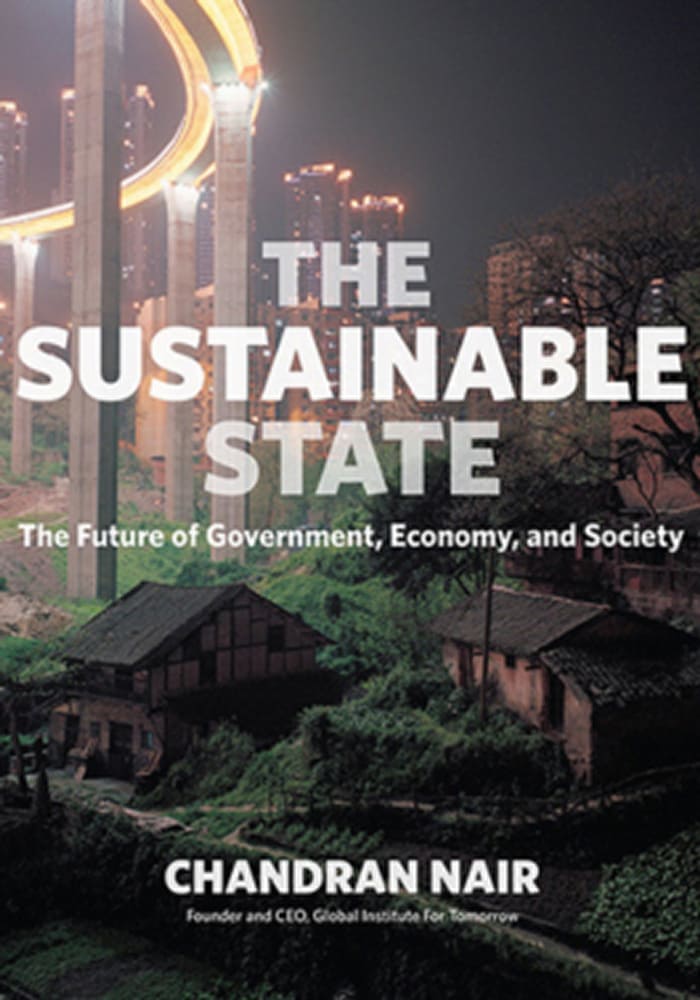In this sure-to-be-controversial book, Chandran Nair shows that the market-dominated model followed by the industrialised West is simply not scalable. The US alone, with less than five percent of the world population, consumes nearly a quarter of its resources. If Asian countries, where sixty percent of the world lives, follow the Western lead, the results will be calamitous.
Instead, Nair argues that development must be directed by a state that is willing and able to intervene in the economy. Corporations, which by design demand ever-expanding consumption, need to be directed toward meeting societal needs or otherwise restrained, not unleashed. Development has to be oriented towards the greatest good—clean drinking water for the many has to take precedence over swimming pools for the few. He provides three compelling case studies demonstrating the benefits of such strong state governance and the findings of weak state governance.
This will mean rethinking the meaning of concepts like “prosperity,” “freedom,” and “rights,” and whether democracy is always the best way to ensure responsive government—as Nair writes, “A democracy that cannot work to improve the life of its citizens is not better than a non-democracy that can actually improve quality of life.” Many people will find these to be challenging ideas, but what Nair offers is a model suited to the realities of the developing world, not the assumptions of the dominant culture.
Chandran Nair asks difficult questions and offers bold, provocative answers. One may disagree with his answers but has to admire his willingness to tackle thorny problems. These pages open our eyes to some of the most urgent problems facing humanity. A must-read.
Moisés Naím
Distinguished Fellow, Carnegie Endowment for International Peace, and author of The End of Power
Nair shows that more than ever, state capacity matters for sustainable prosperity, and this is precisely the Achilles’ heel of most of the developing world.
Gurcharan Das
Author of India Unbound, The Difficulty of Being Good, and India Grows at Night
Chandran Nair is an incisive and visionary thinker with a properly sober take on our ‘crowded and resource-constrained’ future. He is totally right in The Sustainable State that the emerging economies’ adoption of the consumption-driven model of growth that has characterised the wealthy West would exhaust our planet’s capacity. As he also rightly argues, what is needed is both a cultural shift from an aspiration of well-having to one of well-being and a shift from the free rein of the market’s invisible hand to intelligent governance through the guiding hand of the state.
Nathan Gardels
Cofounder of the Berggruen Institute and Editor-in-Chief, The WorldPost
Most development models, including those concerning sustainability, are based on Western experiences and ideology. Problems have arisen therefrom and they have proven inadequate or inappropriate for current challenges and socioeconomic realities of the developing world. In The Sustainable State, Chandran Nair draws upon the Asian experience—including China and its successes—to suggest a more fitting approach for the ‘global majority.’ His arguments are persuasive but extremely ‘disruptive.
Ronnie C. Chan, Chairman, Hang Lung Properties, and Chairman Emeritus, Asia Society


